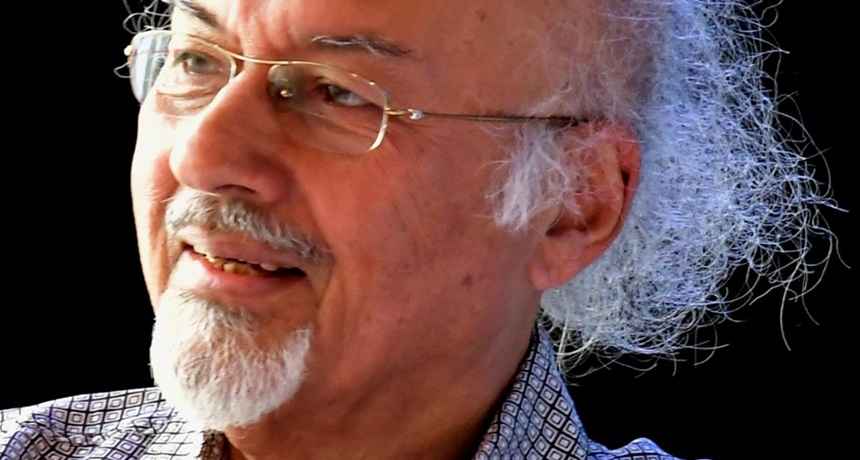Several reasons contribute to the global decline in access to media courses, and this article highlights some of the most significant ones. While many researchers and scholars have identified various factors behind this trend, this piece focuses on critical issues that are often overlooked.
Individuals who aspire to enter the media field are typically characterized by high intelligence, above-average global awareness, broad general knowledge, and a strong sense of social responsibility. Those who possess these qualities are also more likely to succeed in securing jobs in the media industry.
The first major issue is the disparity between the salaries and benefits these individuals deserve and what 90% of organizations in this sector offer. Secondly, job security is a serious concern. Globally, the safety of journalists, both within and outside their organizations, is diminishing with each passing day.
Thirdly, the demanding nature of the profession often requires media professionals to work during holidays and special occasions. This challenging environment discourages many, particularly those from younger generations who may be more hesitant to engage in such high-risk work.
Another contributing factor is the limited opportunities for career advancement in the media industry. For instance, someone starting as a desk reporter or trainee reporter is likely to experience far less professional growth over a 30- or 35-year career than in other industries.
Additionally, the media industry is facing challenges to its dignity. In the past, journalists were highly regarded and respected on a global scale. However, with the rise of online media and intensified competition, the focus has shifted toward content that appeals more to readers' emotions than to their intellect. This shift has eroded the prestige once associated with the media profession, leading to a reluctance among individuals with a strong sense of pride to join the industry.
In conclusion, the media industry has, for many, become a field that lacks the appeal it once held, particularly for individuals who value integrity and dignity in their professional lives. This is perhaps the most critical reason for the declining interest in media courses.
Another set of key points highlighted by various researchers, scholars, and journalists who have conducted studies on the topic of "Reasons for the Decline in Access to Media Courses" are outlined below.
Economic Challenges
- Rising tuition costs: Higher education, including media courses, is becoming less affordable for students from lower-income backgrounds.
- Economic downturns: In times of recession, students often prioritize practical, job-oriented courses over media studies, which may seem less immediately applicable.
Technological Shifts
- Digitalization: The growth of digital media and online platforms offers new avenues for self-learning and content creation, diminishing the perceived necessity for formal education in media.
- Accessibility gaps: While technology has made media more accessible, the digital divide still limits resources for rural or marginalized communities.
Educational Policy Changes
- Budget cuts: Reduced government funding often leads to cuts in educational programs, including media studies.
- Shifting priorities: Educational policies increasingly favor STEM fields over humanities and arts, such as media studies.
Social and Cultural Factors
- Changing perceptions: Evolving societal views on media careers may lead to decreased interest in pursuing media courses.
- Career uncertainty: The media industry’s volatility and competitiveness make it less appealing to prospective students.
Geopolitical Factors
- Censorship and restrictions: In certain regions, governments impose restrictions on media education or limit access to media-related information.
- Political instability: Conflicts and unrest can disrupt educational systems, reducing access to media studies.
Digital Disruption: Traditional media industries are shrinking due to the rise of digital platforms, reducing the demand for conventional media education. Institutions may find less value in offering courses that focus on outdated formats.
Shift in Career Preferences: Many students are now opting for careers in technology, business, or data science, which are perceived as more lucrative and stable. Declining pay and job security in media professions, especially journalism, make media courses less appealing.
Online Learning Alternatives: With media skills available through online courses and platforms, students are increasingly choosing self-directed, affordable alternatives to formal media education.
Changes in Media Consumption: The rise of user-generated content, influencers, and content creators has diminished the perceived need for formal media training, as many aspiring professionals bypass traditional academic programs.
Lack of Job Opportunities: With fewer jobs in traditional media fields like print journalism, radio, and TV broadcasting, students are discouraged from enrolling in media courses due to limited career prospects.







